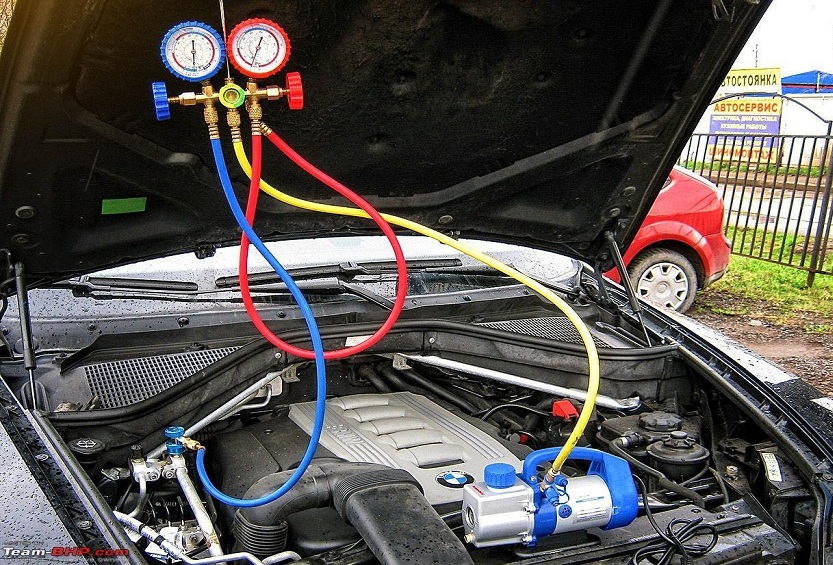Even more so, if we’re going on a summer road trip and the journey is part of our holiday, we take air conditioning in our automobiles for granted. And perhaps you don’t even realise it since it happens gradually, but your car’s air conditioning unit can lose steam and become less effective with time.
It may have never occurred to you that your car’s air conditioning system, like your home’s radiator, needs routine maintenance. Re-gassing is a process performed on your air conditioner. Indeed, the air flowing out of your vents is cooled by a gas-powered refrigeration process. And it must be re-established periodically.
What type of air conditioning gas is in my vehicle?
There are two main aircon gases. If you purchased your vehicle after January 1, 2017, the air conditioning gas should be R1234yf or HFO-1234yf.
Hydrofluorocarbons (HFC), the type of gas used in the old standard air conditioning refrigerant, have been discovered to warm the atmosphere thousands of times more than carbon dioxide. Certain HFC refrigerants are more powerful than 1,000,000 times.
While R1234yf was required in all new automobiles beginning in 2017, this lower-emissions petrol was included in several regulations as early as 2011, so even if your car was manufactured earlier, it might need to be re-gassed with R1234yf.
R134a is the refrigerant employed by older air conditioning equipment. Unfortunately, R1234yf is often not a viable refit or replacement option for R134a systems. Hence, as long as you own this older vehicle, you will likely always need to re-gas using R143a.
Due to the numerous possibilities, it is usually advisable to do your investigation. Raise your bonnet and search for a label that reads either R132a or 1234yf. Consequently, when you go to an expert to have your air conditioner re-gassed, you’ll know which gas to obtain.
How long will my car’s air conditioning gas last?
Most automobile manufacturers recommend servicing the air conditioning system every two years. But let’s be honest. Most of us probably don’t replenish our air conditioning gas until we notice it, which becomes an issue. It is likely acceptable.
What can occur, though, is that a struggling air conditioner can impact other automobile components. For example, in the winter, it will likely be more difficult for your car to defog your windows, and this may cause the engine to work a bit harder than it would normally, causing you to spend a bit more on gas. Over time, not recharging your air conditioner might cause fractures and component seizing. This is not good for your automobile, especially if it has a reputation for being extremely durable and long-lasting, such as estate cars.
How do I re-gas my car aircon?
What must you accomplish? Almost everyone should take the device to a professional and have it re-gassed. It is possible to purchase do-it-yourself kits, but they are typically almost as expensive as hiring an expert.

